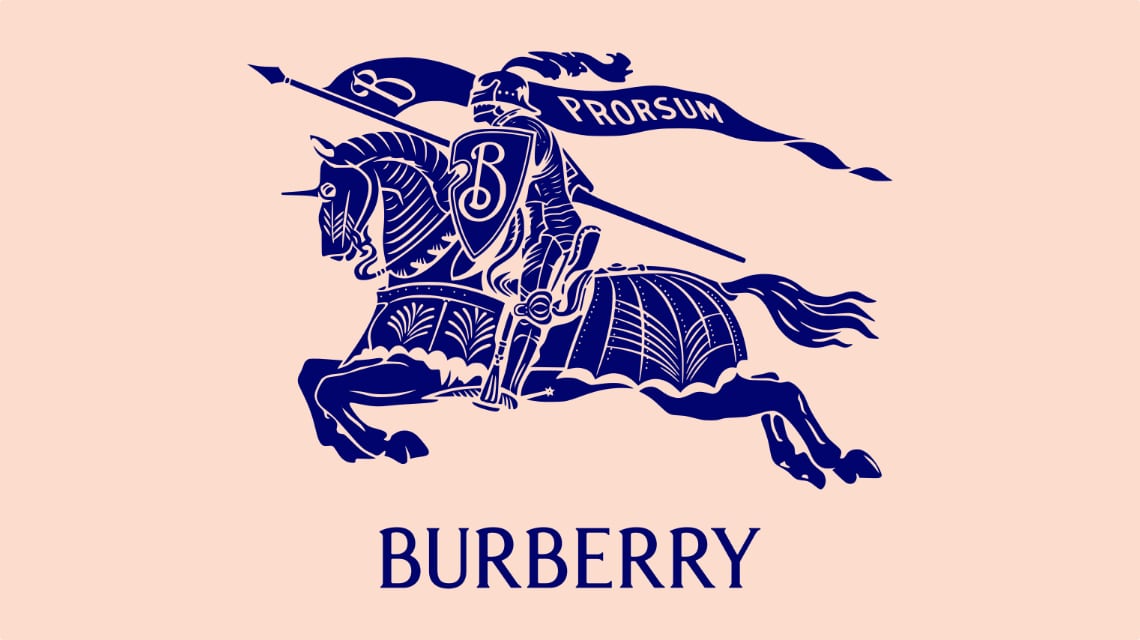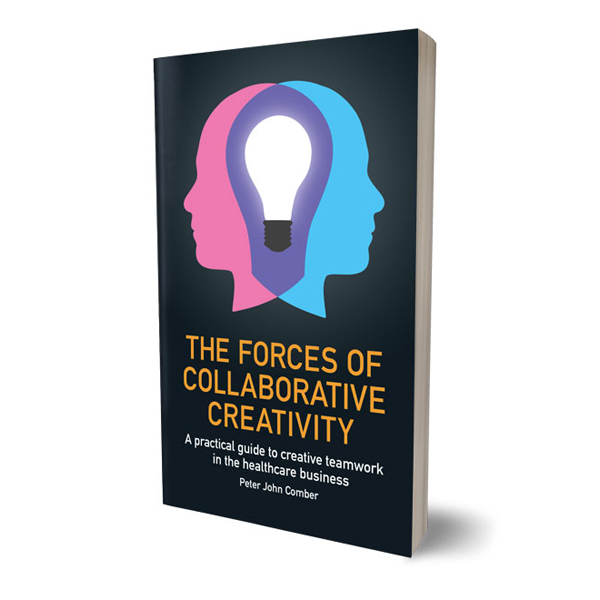Loyalty is dead, long live loyalty.
Marketing appropriated the word loyalty for incentive schemes but true brand loyalty is a very different and special thing. Loyalty can’t be bought, it must be inspired.
In March of this year, John Zealley, Robert Wollan and Joshua Bellin of Accenture published an article in the Harvard Business Review with the title, “Marketers Need to Stop Focusing on Loyalty and Start Thinking About Relevance”.
In their article, the authors present the case that marketing has seen distinct Growth Eras: The Mass-Market Era (1960-70), The Segment Era (1980), The Customer Era (1990), The Loyalty Era (2010). The loyalty era they describe is one that incentivises customers repeat business through rewards, rebates and discounts.
I find the idea that we live in a post-loyalty world both saddening and instinctively correct but the term “loyalty program” is actually an oxymoron. Loyalty is a beautiful concept and a fine word. A loyal person is a sturdy, ethical, trustworthy individual who believes in some ideal - the object of their loyalty. Attempting to buy allegiance with some form of discount and an occasional “privilege” (while grabbing a slew of customer data) encourages opportunistic behaviour, not loyalty in the true sense of the word.
Consumer research from Kantar Retail tells us that 71% of consumers say loyalty programs don’t make them loyal at all. Shocker. Not.
Loyalty is dead but fear not, the good people at Accenture have seen the new era, The Era of Relevance (2020) and there are five P’s that help define the new era.
Four of the P’s: Purpose, Pride, Partnership and Protection, are classic Maslowian needs (from “self-actualization” to the basic needs of safety) while the fifth, Personalization “enables companies to connect with customers around any of these needs”.
I agree that relevance is a fundamental requirement to consideration and I like the idea of personalisation as a relevance booster. Zealley, Wollan and Bellin go on to say, “Everyone’s needs vary depending on time and context. And with today’s technologies, companies now have the ability to see and act on these fluctuations in the moment. Customers are increasingly expecting all companies to do just that, both in their marketing efforts and in the experiences they offer.”
Yes, society changes constantly and with it nuances of the attitudes and consequently the behaviour of the masses. But brands that precisely follow the zeitgeist are doomed to appear fickle, fake, opportunistic and without substance. Today the technology exists for a brand to deliver tailored messages to specific people but if all those messages don’t relate to and support an overarching identity and purpose they aren’t helping the brand.
There is an interesting caveat here. If the product operates in a very private, individual space then the brand can allow itself to morph to meet the needs, preferences and expectations of each customer. All is well as long as the resulting myriad iterations of the brand experience are firewalled.
For the majority of brands, their consumption is conspicuous. A common understanding of the brand’s identity and values are indispensable. A good quality, generic polo shirt has the exact same functionality as a Lacoste polo shirt. The premium price the Lacoste commands is entirely attributable to the brand. It is attributable to the universal comprehension of what Lacoste is, not merely on the part of its customers but also by those who will never buy a Lacoste.
People are attracted to deals (the basis of the incentive programme) but a brand can’t always offer the best deal. Fortunately people are also attracted to ideals, values that are constantly and consistently practiced - something a brand can and should always do. A brand’s loyalty to its own values precedes and is a prerequisite of client loyalty to the brand. I believe that for those brands that are loyal to themselves customer loyalty is alive, well and has a solid future.





